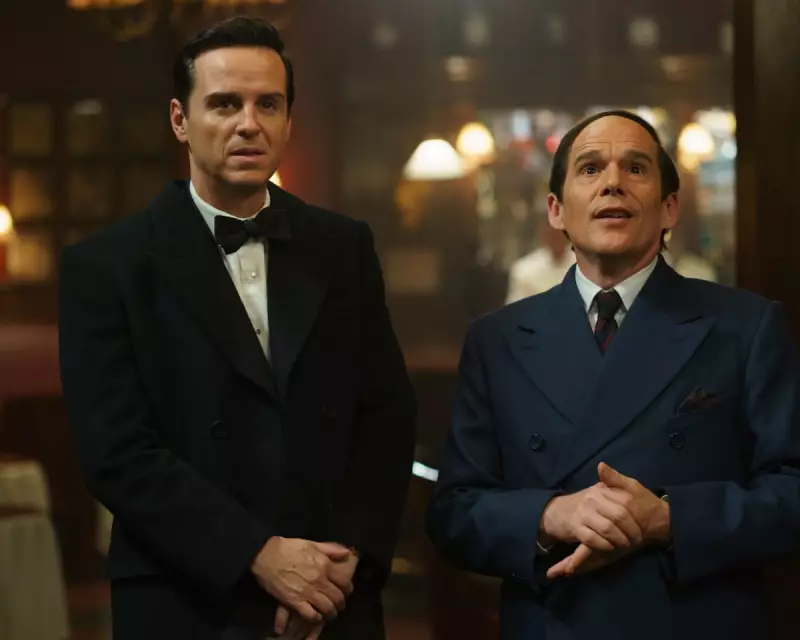
In a mesmerising fusion of cinema and theatre, Richard Linklater's Blue Moon emerges as a heartfelt tribute to Broadway's golden age, reuniting the acclaimed director with his longtime collaborator Ethan Hawke for what might be their most poignant work yet.
A Cinematic Stage for Broadway's Ghosts
The film transports audiences to a near-empty Broadway theatre where Hawke's character, a fading actor, performs an impromptu concert of Rodgers and Hart classics. Linklater masterfully transforms this simple premise into a profound meditation on artistry, memory, and the passage of time.
Hawke's Career-Defining Performance
Ethan Hawke delivers what critics are calling a career-best performance, embodying the weary yet resilient spirit of an artist confronting his own mortality. His rendition of standards like 'My Romance' and 'Where or When' becomes more than mere performance—it's raw emotional archaeology.
Linklater's Signature Temporal Play
True to form, Linklater plays with time and memory, weaving flashbacks that reveal the complex relationship between Hawke's character and his former collaborator, played with delicate nuance by a supporting cast that perfectly complements Hawke's central performance.
More Than a Musical
Blue Moon transcends the traditional musical format, becoming instead a conversation between artist and audience, past and present, dreams and reality. The sparse setting becomes increasingly intimate as the film progresses, drawing viewers into a world where every note carries the weight of a lifetime.
The film's greatest achievement lies in its ability to make Rodgers and Hart's nearly century-old songs feel both timeless and urgently contemporary. Each musical number serves as an emotional pivot point, revealing new layers of character and meaning.
A Bittersweet Cinematic Experience
While undeniably melancholic in tone, Blue Moon avoids sentimentality, instead finding profound beauty in artistic struggle and the quiet dignity of perseverance. It stands as a testament to Linklater's evolving artistry and Hawke's remarkable depth as a performer.
For lovers of cinema, theatre, and music alike, Blue Moon offers a rare and moving experience—a film that understands the magic happens not in spectacle, but in the spaces between notes, in the unspoken understanding between artist and audience, and in the quiet persistence of artistic dreams.





